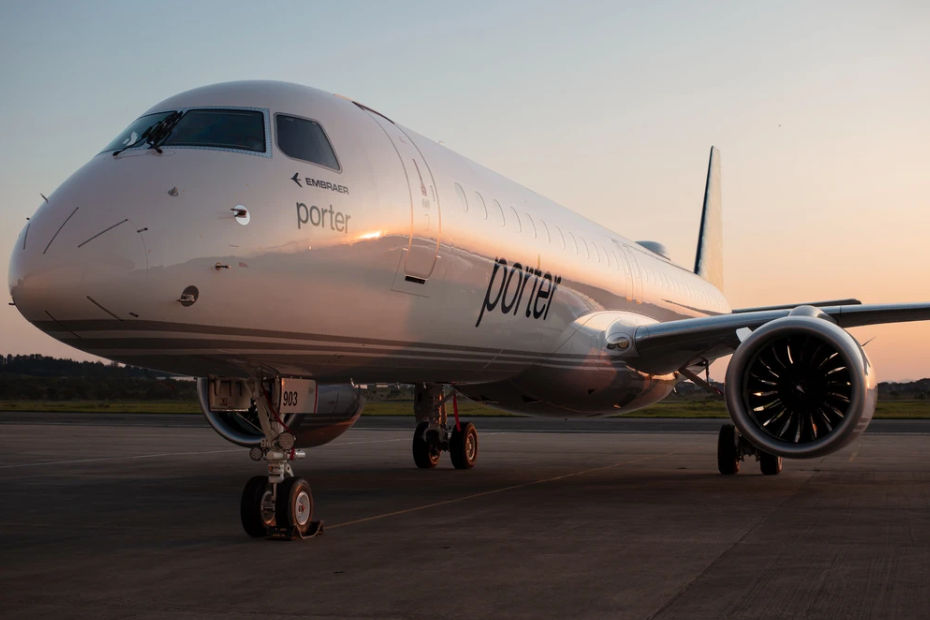ATR to Launch Next Generation ATR ‘EVO’ Aircraft Program by 2023
- Joe Breitfeller

- May 18, 2022
- 2 min read
ATR has announced plans to launch the ATR EVO, the next generation of their best-selling family of regional aircraft, which will offer a 20 percent fuel burn reduction and run on 100% SAF. The program is expected to launch in 2023, with entry into service planned for 2030.

On Wednesday (May 18, 2022), ATR announced plans to launch the ATR EVO, a next generation aircraft of their best-selling family of regional turboprop aircraft. Over the next few months, the company will work with airlines, engine manufacturers and systems providers, with the goal of launching the EVO program in 2023, and entry into service by 2030. The ATR EVO will feature a new powerplant with hybrid capability and will encompass innovative technologies to improve performance, economics and sustainability. The design will remain a twin-engine turboprop capable of running on 100 percent SAF and will incorporate new propellers and other systems, as well as an enhanced cabin.
In Wednesday’s announcment, ATR’s Chief Executive Officer, Stefano Bortoli, said,
“Our next generation of aircraft will be a step forward in responsible flying through further incremental innovation. When it enters the market, the new ATR ‘EVO’ will pave the way towards a decarbonized future for aviation. Key benefits include a 20% overall fuel improvement and 100% SAF compatibility. This means that the aircraft will emit over 50% less CO2 than a regional jet when powered by kerosene. When using 100% SAF, its emissions will be close to zero.”
Also commenting on the new EVO program, ATR’s Senior Vice President – Commercial, Fabrice Vautier, said,
“The ATR ‘EVO’ will be even more economical, with double digit operating cost savings achieved in particular through 20% lower fuel burn and 20% overall maintenance cost reduction. This means airlines can serve thin routes more profitably, and communities can benefit from more connectivity, more essential services, and more economic development. Our aim is to continue to offer customers and society ever more inclusive and responsible air transportation.”
Renderings of the Next Generation ATR EVO - Courtesy ATR
Further commenting on the new aircraft program, ATR’s Senior Vice President – Engineering, Stéphane Viala, added,
“We have issued a Request for Information to the main engine manufacturers for the development of the new powerplant that will combine existing and future generation engine technology. The ATR ‘EVO’ will feature improved performance in terms of time to climb and an enhanced cabin, with increased use of lighter bio-sourced materials. Recyclability will also be at the heart of our new design.”
Video Rendering of the Next Generation ATR EVO - Courtesy ATR
Over their last 40+ years building efficient turboprop regional aircraft, ATR has reached major milestones including 1,800 aircraft orders and 1,600 deliveries to over 200 customers in more than 100 countries. ATR sees strong potential for growth in regional aviation, including a replacement wave of over 900 turboprops in the 30-50 seat categories. The company’s turboprop aircraft represent the optimal and most sustainable choice for regional deployment at the lowest operating costs, and offer the ability to serve isolated communities living near challenging airfields. Over the last decade, ATR has held 75 percent of the turboprop market and 36 percent of the overall regional aircraft market. ATR is a joint venture between Airbus and Leonardo.
Source: ATR








